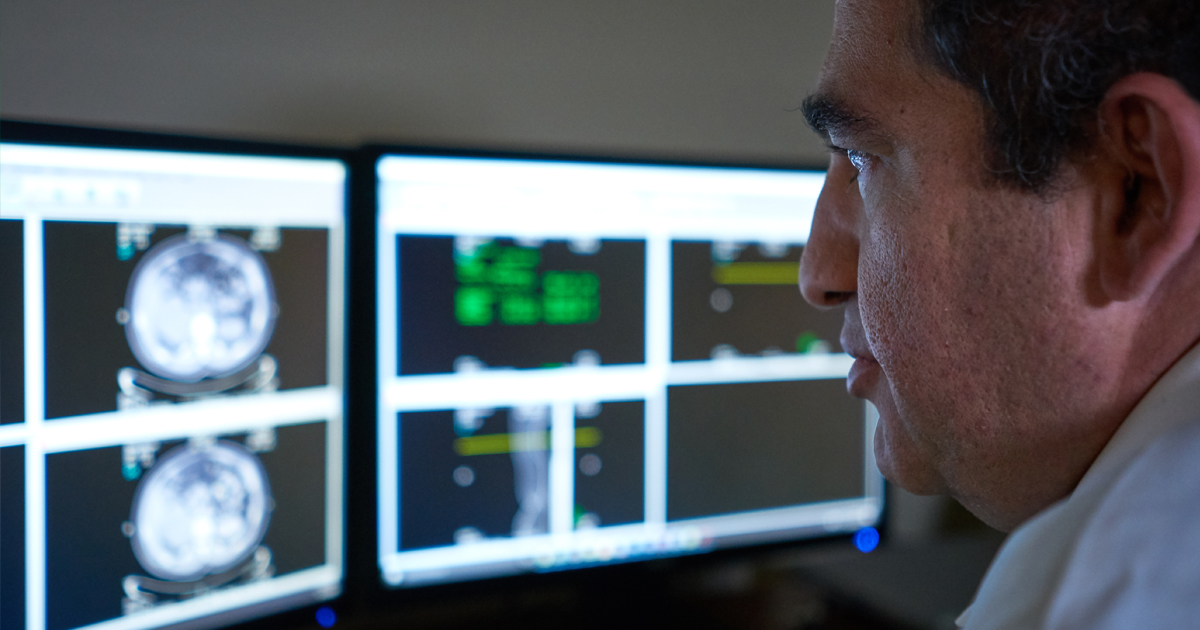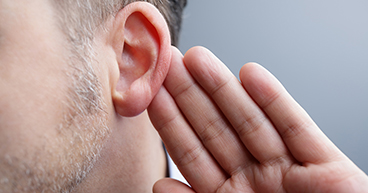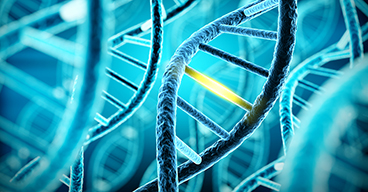
Testicular cancer doesn’t get as much attention as, say, prostate cancer, as male-focused disease awareness campaigns go. And that’s understandable, given a cursory look at some key facts: The disease is rare, accounting for about .05 percent of all new cancer cases in men, and many patients experience positive outcomes after surgery and/or chemotherapy treatments. But those facts don’t tell the whole story. Testicular cancer is also the most common cancer in men 15-44 years old—many of whom are not screening themselves for what turns out to be among the easiest cancers to detect early.
A recent survey by the testicular cancer advocacy group CACTI (Center for Advocacy for Cancer of the Testes International) found that about 45 percent of men never or rarely examine themselves for testicular cancer. And nearly half of all men didn't know the importance of a self-examination or didn't take the notion of one seriously. The data is especially troubling given how critical a simple, regular examination of the testicles may be in discovering a lump or other suspicious changes—and, possibly, in helping to improve treatment outcomes by catching the disease early. "It's detectable if someone is doing a self-exam," says Farshid Sadeghi, MD, Urologic Oncologist at City of Hope Phoenix. "But it may be difficult to detect, or it may be detected late if young men never check themselves."
A SURVEY OF MORE THAN 1,000 MEN FOUND:
- 46 percent of men surveyed say they do not perform self-exams.
- While most men realize that testicular cancer may be hereditary, 40 percent of men surveyed believe they can get testicular cancer from wearing tight underwear, taking a spin class or having too much or not enough sex.
- 63 percent of men surveyed know testicular cancer is rare, but few realize it is the most common cancer in young men and teenagers.
- Source: cacti.org
Testicular cancer, also called testis cancer, is typically treated with surgery, chemotherapy and sometimes radiation therapy. In most cases, the affected teste is removed and a biopsy is performed to determine the specific type of cancer. Affected lymph nodes are also removed, but unlike many of those connected to other organs, the lymph nodes connected to the testicles are not nearby in the groin or pelvis, but in the chest around the aorta and vena cava, two of the largest blood vessels that lead to the heart. "It's a little bit of a challenging operation because you are operating on big blood vessels," Dr. Sadeghi says. "But it’s a rewarding operation because, once you clean out those areas, the patient often has very positive outcomes."
COMMON SIGNS OF TESTICULAR CANCER:
- Hard lumps or nodules on either testicle
- A change in how the testicle looks or feels
- Swelling in the scrotum
- A dull ache in the abdomen or scrotum
- A feeling of heaviness in the scrotum
- Enlarged or swollen breasts
The disease accounts for 400 cancer deaths a year, one-tenth the number of breast cancer deaths and far fewer than other common cancers, such as lung cancer (150,000) and colorectal cancer (50,000). Still, testicular cancer may spread quickly and metastasize if it's not caught early. That’s why, Dr. Sadeghi says, it’s important for young men to check themselves regularly to better feel differences in their testes over time. "The key is you have to have examined yourself to know what your testicles feel like so you can better detect any changes," he says. "If you feel a hard nodule or an irregularity in the shape or if one feels differently than the other, then you should go checked out." The American Cancer Society offers a self-examination guide on its website.



